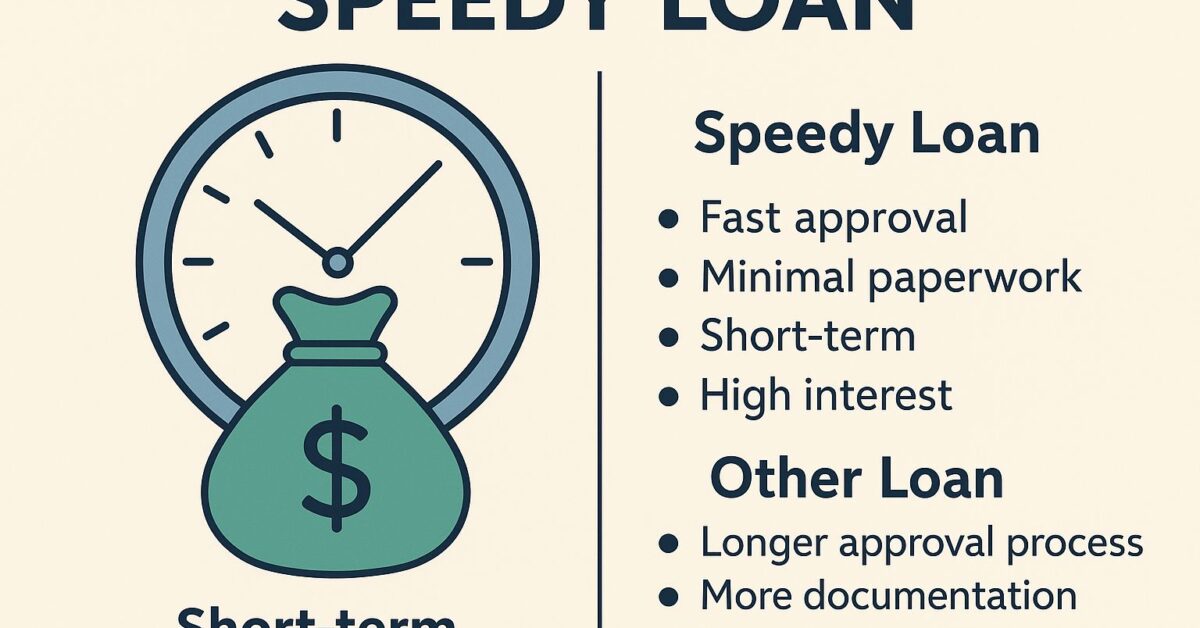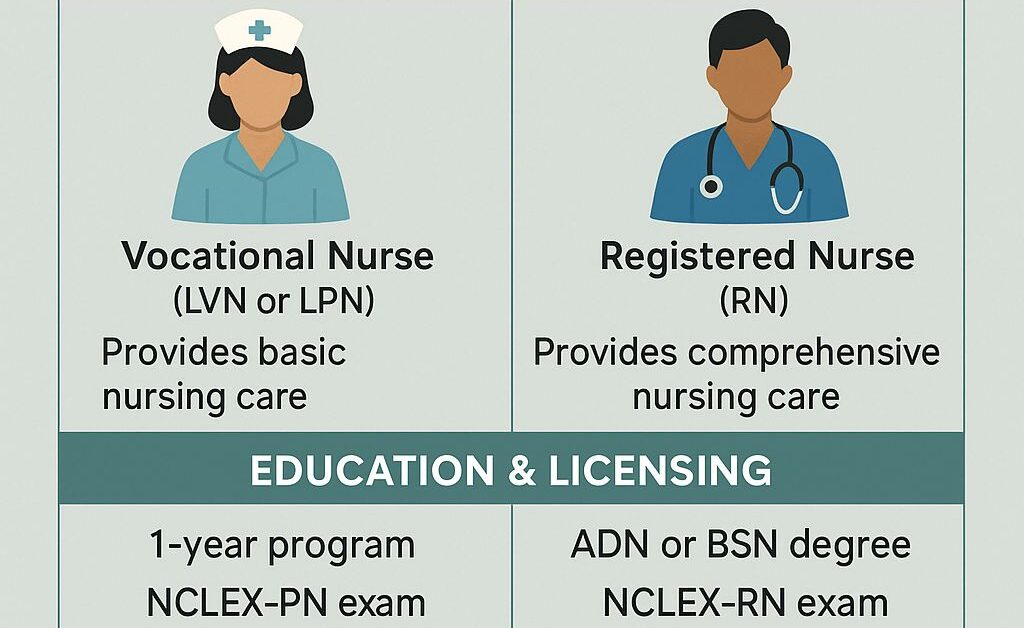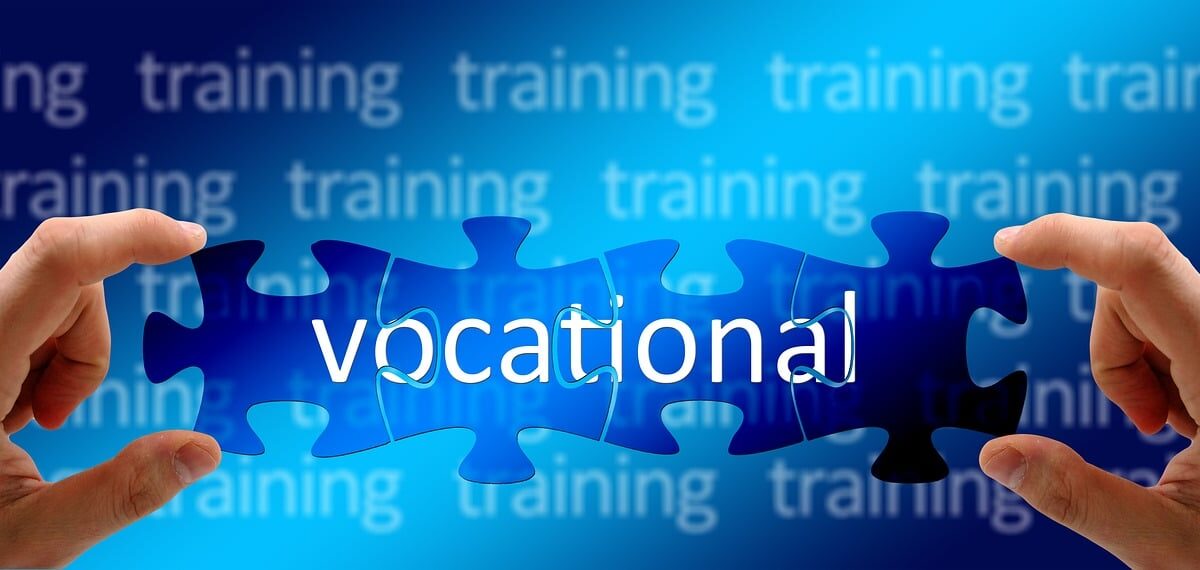Why Trade Schools in Nigeria Are Becoming More Popular
Trade schools in Nigeria are institutions where students learn hands-on skills like welding, tailoring, hairdressing, plumbing, ICT, and electrical installation. Unlike universities that focus more on theory, trade schools focus on practical training. This makes it easier for students to start working immediately after graduation.
Benefits include:
-
Short duration: Many programs last between 6 months and 2 years.
-
Affordable tuition: Trade schools are generally cheaper than universities.
-
Job-ready skills: Students are trained to meet the needs of industries.
-
High demand: Skilled workers are always needed in Nigeria.
Example: A student who studies plumbing in a trade school can begin working with construction companies or offer freelance services in their community within a year.
Popular Courses Offered in Trade Schools in Nigeria
Here are some of the most sought-after courses:
-
Electrical installation
-
Plumbing and pipefitting
-
Fashion design and tailoring
-
Hairdressing and beauty therapy
-
Welding and fabrication
-
Computer and phone repairs
-
Catering and hotel services
- Auto mechanic technician
These courses are selected based on the high demand for such services in the Nigerian job market.
See Also: List of Trade Test Courses in Nigeria
Top Trade Schools in Nigeria

Some of the best trade schools in Nigeria include:
-
Government Technical Colleges (located in states like Lagos, Ogun, and Rivers)
-
NABTEB-accredited centers
-
Lagos State Technical Colleges (LASTVEB)
-
Industrial Training Fund (ITF) Training Centers
-
Private schools like Samonda Vocational School in Ibadan and Ladoke Akintola Institute in Lagos
Tip: Always check if a school is accredited by NBTE or NABTEB before enrolling.
List of trade schools in nigeria
Trade schools, also known as technical or vocational colleges, are institutions that provide hands-on training and practical skills in various trades and professions. In Nigeria, trade schools play a crucial role in equipping young people with the technical knowledge needed for self-employment or skilled job opportunities in areas like carpentry, plumbing, welding, electrical works, auto mechanics, fashion design, catering, ICT, and more.
Here’s a list of trade schools in Nigeria categorize by Federal, States, and Privates owned:
Federal Science and Technical Colleges (FSTC) in Nigeria
-
FSTC Ohanso – Abia State
-
FSTC Uyo – Akwa Ibom State
-
FSTC Otukpo – Benue State
-
FSTC Lassa – Borno State
-
FSTC Kafanchan – Kaduna State
-
FSTC Zuru – Kebbi State
-
FSTC Yaba – Lagos State
-
FSTC Kuta – Niger State
-
FSTC Ijebu Mushin – Ogun State
-
FSTC Ilesha – Osun State
-
FSTC Jalingo – Taraba State
-
FSTC Orozo – Federal Capital Territory (Abuja)
-
FSTC Tungbo – Bayelsa State
-
FSTC Ikare Akoko – Ondo State
-
FSTC Uromi – Edo State
-
FSTC Michika – Adamawa State
-
FSTC Usi – Ekiti State
-
FSTC Awka – Anambra State
-
FSTC Ahoada – Rivers State
These institutions offer high-standard facilities and follow a national curriculum designed to meet modern technical demands.
State-Owned Technical Colleges by State
Abia State
-
Aba Boys Technical College, Aba
-
Abia Girls Technical College, Ania, Ohafia
Adamawa State
-
Technical Colleges in Yola, Mubi, and Numan
Akwa Ibom State
-
GTCs in Ikot Akata, Ikpa (Eket), Abak, and Ikot Ada Idem
Anambra State
-
GTC Onitsha
-
GTC Nsukka (Note: Nsukka is typically in Enugu State, possibly an error in listing)
Bauchi State
-
GTCs in Gumau and Gadau
Bayelsa State
-
GTC Ekowe
Benue State
-
GTC Makurdi
Borno State
-
GTCs in Damboa and Bama
Cross River State
-
GTC Ogoja, St. Patrick’s Ugep, Community Technical College Ikot Effanga Mkpa, and Bendi Technical College
Ebonyi State
-
GTCs in Abakaliki and Afikpo
Edo State
-
GTCs in Afuze, Benin City, and Igarra
Ekiti State
-
GTCs in Ado-Ekiti, Ikole, Ijero-Ekiti, and Otun-Ekiti
Delta State
-
GTCs in Issele Uku, Otogor (Ughelli), Ozoro, Agbor, Sapele, and Utagbe-Ogbe (Kwale)
Gombe State
-
GTC Kumo
Imo State
-
Ahiara Technical College, Okporo Technical College, Osu Technical College, GTC Owerri
Kaduna State
-
GTCs in Malali, Soba, Kajuru, Zaria, and Makarfi
Katsina State
-
GTCs in Mai Adua, Charanchi, Ingawa, Funtua, and Mashi
Kano State
-
GTCs in Kano, Wudil, Bagauda, and Ungogo
Kebbi State
-
GTCs in Zuru and Burza
Kogi State
-
GTCs in Mopa, Oboroke, Ankpa, Odu, and Idah
Kwara State
-
GTCs in Esie Iludun, Ilorin, Patigi, Erin Ile, and Amodu Osungbolu Technical College
Lagos State
-
GTCs in Ado Soba, Ikorodu, Ikotun, Mushin, and Industrial Manpower Development Center Epe
Nasarawa State
-
GTC Asakio
Niger State
-
GTCs in Minna, Iyagi, New Bussa, Kontagora, Suleja
-
Note: Okitipupa listed here appears to be in Ondo State
Ogun State
-
GTCs in Idi-Aba (Abeokuta), Ijebu Ode, Igbesa, Ajegunle, Ijebu Igbo, Ilara Remo, and Ayetoto
Ondo State
-
GTCs in Owo and Iwaro Oka
Osun State
-
GTCs in Ile-Ife, Oshogbo, and Ilesha
Oyo State
-
GTCs in Oyo, Ogbomosho, Igbo-Ora, Saki, Ibadan, and Prospect Continuing Education Center Ibadan
Plateau State
-
GTC Bukuru
Rivers State
-
GTCs in Port Harcourt, Ahoada, and Tombia
Sokoto State
-
GTCs in Farfaru, Runjin Sambo, and Binji
Yobe State
-
GTC Geidam
Taraba State
-
GTCs in Gembu, Bali, and Takun
Zamfara State
-
GTC Kaura Namoda
Federal Capital Territory (Abuja)
-
FCT Institute of Technical and Vocational Training, Utako
Private Technical Colleges in Nigeria
-
Don Bosco Training Center – Onitsha, Anambra State
-
Folk Technical College – Ikwo, Ebonyi State
-
Don Bosco Training Institute – Ondo, Ondo State
Admission Requirements and Duration
-
Requirements: Most schools accept candidates with at least a Junior Secondary School Certificate (JSSCE). Some require Senior WAEC or NECO.
-
Duration: Courses typically last from 6 months to 3 years.
-
Certification: Students earn a Trade Test Certificate, NABTEB, or City & Guilds certification.
Career Opportunities After Graduating

Graduates from trade schools in Nigeria can:
-
Work in industries such as construction, hospitality, and ICT.
-
Start their own businesses, offering services like tailoring, electrical repairs, or catering.
-
Further their education or go into apprenticeships for specialization.
Example: A graduate in catering can open a small restaurant or home-based catering service.
Government Support for Trade Schools in Nigeria
The Nigerian government recognizes the vital role that trade schools and vocational training play in reducing unemployment and building a skilled workforce. Over the years, several initiatives and agencies have been established to strengthen technical education and support young Nigerians in acquiring hands-on skills. Below are some of the most impactful government efforts:
1. NBTE
The National Board for Technical Education (NBTE) is the main regulatory body for polytechnics, monotechnics, and technical colleges in Nigeria. It plays a critical role in:
-
Accrediting trade and vocational schools to ensure they meet national standards.
-
Developing and reviewing curricula in line with industry needs.
-
Monitoring performance and training delivery across institutions.
Thanks to NBTE’s oversight, many schools now offer structured training that leads to recognized certifications, which improves employability both locally and abroad.
2. NDE
The National Directorate of Employment (NDE) was created specifically to tackle unemployment through skills acquisition. It runs a variety of programs targeted at young school leavers and graduates, including:
-
Vocational Skills Development (VSD): Offers hands-on training in trades such as tailoring, welding, carpentry, ICT, and more.
-
Start-Your-Own-Business Programs: After training, beneficiaries are given basic equipment and mentorship to start small businesses.
-
Rural Employment Promotion (REP): Targets youths in rural communities to learn farming and agro-allied trades.
Thousands of young Nigerians have benefited from these initiatives, gaining both confidence and income-generating abilities.
3. ITF
The Industrial Training Fund (ITF) focuses on building industry-relevant skills and linking training with practical employment. Through its National Industrial Skills Development Programme (NISDP), the ITF has:
-
Trained over hundreds of thousands of Nigerian youths in skills like electrical installation, plumbing, automotive repairs, and baking.
-
Provided starter packs and tool kits to graduates to help them begin their own businesses immediately after training.
-
Partnered with private sector employers to place graduates in internships and apprenticeship programs.
The ITF’s combination of training, tools, and job linkage has made it one of the most effective vocational empowerment programs in the country.
Government support for trade schools is not just about education — it’s a long-term investment in Nigeria’s economy. By equipping young people with practical skills, the nation is:
-
Reducing unemployment
-
Encouraging entrepreneurship
-
Meeting industry demands for skilled labor
-
Fostering innovation and self-reliance
These efforts also align with global goals for inclusive and equitable quality education and decent work for all, as outlined in the United Nations Sustainable Development Goals (SDGs).
How to Choose the Right Trade School in Nigeria
Choosing the right trade school in Nigeria is a crucial decision that can shape your future career. With many technical and vocational institutions across the country, it’s important to carefully assess your options before enrolling. Below are the key factors to consider when selecting a trade school:
1. Accreditation Matters
The first and most important factor is accreditation. Make sure the school is accredited by recognized bodies such as:
-
NBTE (National Board for Technical Education) – This ensures the curriculum meets national standards.
-
NABTEB (National Business and Technical Examinations Board) – A school offering NABTEB certifications adds credibility to your qualification.
-
City & Guilds (International Certification) – Some reputable schools offer this globally recognized certification, which is great if you plan to work abroad.
An accredited trade school assures quality training, access to standardized exams, and wider job opportunities.
2. Experienced and Qualified Instructors
A school is only as good as its teachers. Look for schools with well-trained instructors who have both academic qualifications and hands-on industry experience. They should be able to teach not only theory but also real-life applications of the skills.
Ask questions like:
-
Do the instructors have trade certifications?
-
Have they worked in the field they are teaching?
A skilled instructor can make a big difference in your learning experience.
3. Modern and Practical Training Facilities
Technical education is practical by nature. So, the availability of modern tools, machines, and labs is essential. Visit the school (if possible) and check for:
-
Functional workshops
-
Updated equipment and machinery
-
Hands-on training opportunities
Schools with outdated or inadequate tools may not prepare you well for real-world jobs.
4. Reputation and Success Rate
Do some research on the school’s track record. A reputable trade school often has strong partnerships with industries and companies. Find out:
-
What are their graduate employment rates?
-
Do past students recommend the school?
-
Are there internship or apprenticeship opportunities?
Schools with a good name are more likely to help you connect with jobs after graduation.
5. Affordability and Financial Aid
Cost is another important factor. Compare tuition fees, boarding, and materials costs among schools. Make sure the fees align with your budget without compromising quality.
Some trade schools also offer:
-
Scholarships
-
Payment plans
-
Government-funded programs
Look out for these to ease your financial burden while studying.
Pro Tip: Before making your final choice, talk to current or former students and try to attend an open day or career fair to get a real feel for the environment.
FAQs About Trade Schools in Nigeria
1. What is a trade school?
A trade school is a place where people learn practical skills like plumbing, tailoring, and electronics that prepare them for direct entry into the workforce.
2. How long is a trade school program in Nigeria?
Programs can range from 6 months to 3 years, depending on the course and certification level.
3. Are trade schools better than universities?
It depends on your goals. If you want to learn a skill quickly and start working or running a business, a trade school is a faster and cheaper option.
4. Can I get a job with a trade school certificate in Nigeria?
Yes! Skilled workers are in high demand. Many industries and even the government employ people with trade certifications.
5. Are there government trade schools in Nigeria?
Yes, many are managed by state governments and agencies like NBTE, NDE, and ITF.
Conclusion
Trade schools in Nigeria offer a solid path to success for those who are ready to work with their hands and learn practical skills. Whether you want to become a hairstylist, electrician, Auto mechanic, or fashion designer, there’s a trade school out there to help you achieve your dreams.











2 thoughts on “Trade schools in Nigeria: Full list”